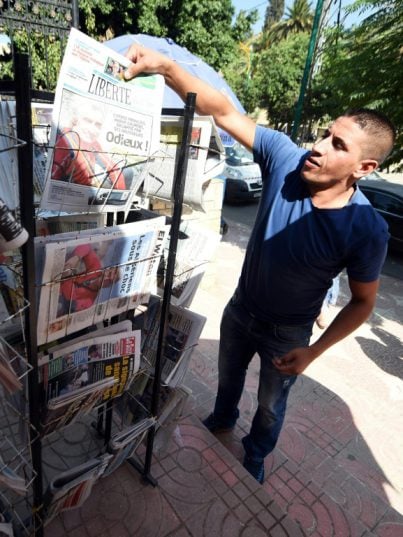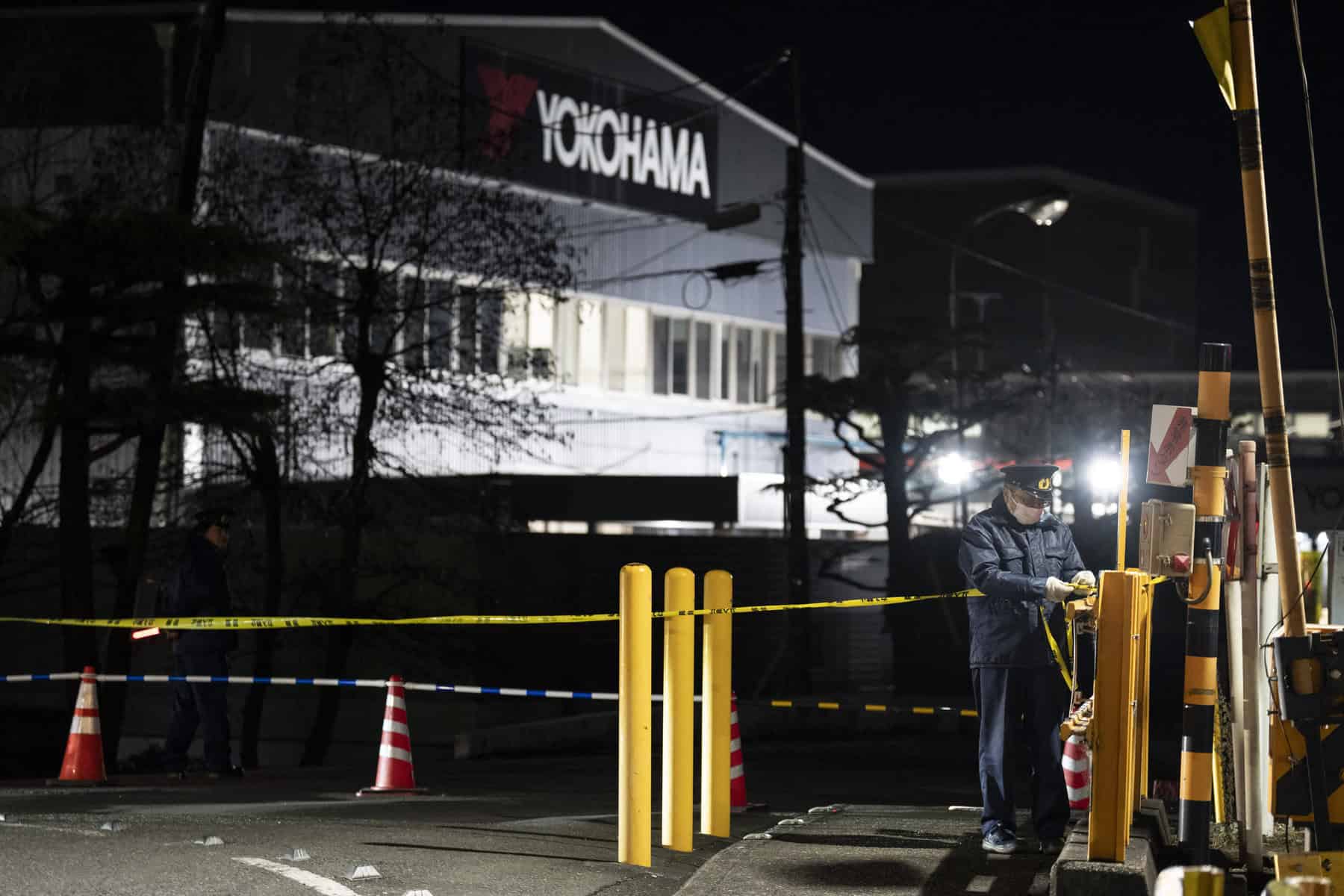Stifled by the internet and 24-hour news channels as well as political pressures, Algeria's independent press born only 25 years ago is struggling in a crisis that has already killed off dozens of titles.
Algeria’s “democratic spring” that followed widespread protests in October 1988 put an end to a quarter century of single party rule and a state monopoly of the media, with independent newspapers emerging on the scene.
Some of them have built up large circulations and are still going, such as the Arabic-language Echorouk and El-Khabar and French-language papers El-Watan, Liberte and Le Soir d’Algerie.
But since 2014, 26 dailies and 34 weeklies have vanished, Communications Minister Djamel Kaouane said last month.
The sales figures of the remaining 140 daily and weekly papers have slumped, and total circulation of the dailies has declined by 40-60 percent in the past five years, according to a study by Algiers University professor Redouane Boudjemaa.
For El-Khabar, as a leading example, circulation ran as high as 1.2 million in 2000 and has since plunged to the current figure of around 200,000 a day, said a former chief of the daily, Ali Djeri.
Boudjemaa said the launch of high-speed internet access in Algeria since 2014 has sparked an explosion in smartphone and tablet computer sales, while “the number of readers of the printed press has crumbled”.
Newspapers have failed to adapt to their readership jumping ship to the free contents of online media, he said.
As for lifeline advertising, the lion’s share has migrated to the rising number of private television channels, especially those offering round-the-clock news.
The government has promised to unblock next year a six-million-euro ($7-million) rescue fund for “financially troubled” media that has been frozen since the start of the decade because of disputes between management and journalists.
However, rights and press freedom activists accuse the authorities of putting an economic squeeze on papers through institutional ads that the communications ministry says account for 20 percent of the advertising sector.
– Advertising a political ‘tool’-
“Public” advertising for administrative and state-run companies is managed by ANEP, an agency which critics say is used as a tool to reward or sanctions newspapers according to political criteria.

Critics say “public” advertising is used as a tool to reward or sanction newspapers in Algeria according to political criteria
Hadda Hazem, director of El-Fadjr newspaper, staged a week-long hunger strike this month in protest at her newspaper being “asphyxiated” and deprived of advertising following critical remarks about President Abdelaziz Bouteflika she had made on French television.
Several other publications have complained of similar treatment and called for the end to the state agency’s monopoly over institutional advertising.
El-Watan director Omar Belhouchet said private companies have also come under pressure over their advertising allocations because their businesses often depend on maintaining good relations with the authorities.
“Since the presidential election of 2014, the paper’s private advertising revenues have fallen by 60 percent,” Belhouchet, who opposed a fourth term for Bouteflika, told AFP.
His paper’s circulation has fallen to 90,000 from more than 160,000 in 2012, and it has had to hike its cover price by 50 percent in the past three years because of the decline in advertising revenues.
Media watchdog Reporters Without Borders (RSF), which ranks Algeria 134rd out of 180 countries on its press freedom index, charged in June that the North African country used “harassment” and “threats” to pressure journalists.






